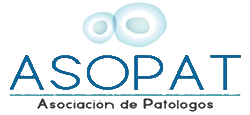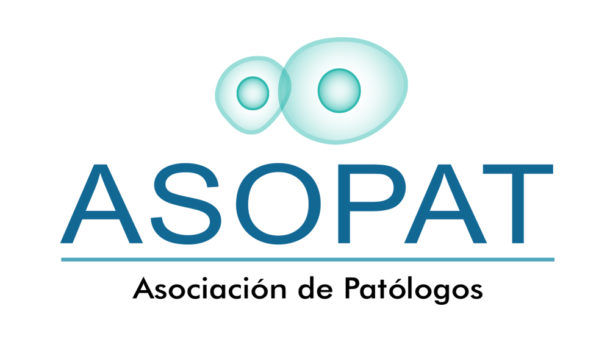Language is a powerful product that can shape thoughts, morals, and perceptions. However , there are instances where certain phrases or phrases are offensive, discriminatory, or harmful. In many fields, including academia, journalism, and public communication, there is a growing need to censor pungent language while ensuring that the first intended meaning is managed. This ethical challenge will involve striking a delicate balance somewhere between respect for freedom regarding speech and the responsibility to prevent yourself from harm or offense. Here, we will explore strategies for moral editing, particularly focusing on the right way to censor offensive language devoid of altering the intended principles.
Understanding the Ethical Dilemma
The main ethical dilemma of censoring offensive language lies in preserving a fine balance between preserving freedom of expression along with preventing harm or the offensive player. In academic writing and publications, the challenge is to catón offensive terms without damaging the original idea or replacing the author’s intended message. This ethical responsibility will become even more critical when managing sensitive topics or addressing historically marginalized groups.
Ideas for Ethical Editing
1 . Contextual Understanding
Understanding the context whereby offensive language is used is important. Context provides insights into the author’s intent and the necessity of the term within the narrative. Authors must carefully assess the situation to determine if the usage can be gratuitous or essential to the exact piece.
2 . Substitution having Neutral Terms
One beneficial approach is to substitute unpleasant language with neutral or possibly less offensive terms this convey the same message. This plan allows for preserving the meaning though removing potentially harmful or discriminatory language.
3. Make use of Symbols or Characters
A replacement of specific letters in a particular problem words with symbols and also characters is a commonly used strategy. This method allows readers to understand the intended meaning when avoiding explicit display associated with offensive language.
4. Instructional Footnotes
In academic or maybe research-oriented writing, providing academic footnotes can be useful. Footnotes may explain the use of offensive words within the context of the research or study without for example the term in the main body of the written text.
5. Quotation Marks
Utilizing quotation marks around a particular problem language can distance the written text from the author’s endorsement from the language. This technique signals for the readers that the author is usually quoting or referencing the term without personally endorsing that.
6. Content Warning Claims
Preceding a piece of writing by using a content warning can provide people with a heads-up about perhaps offensive language. This allows subscribers to make an informed decision about whether to continue reading or engage with the content.
7. Conversation Attribution
In fictional works or when quoting from interviews, attributing offensive terms to a character or reference can serve to contextualize the usage without endorsing and also perpetuating harmful ideas.
Meaning Considerations
1 . Transparency
Sustaining transparency about the editing choices made regarding offensive foreign language is essential. Editors should undoubtedly communicate to https://yukaichou.com/gamification-book/ readers the reason why behind the alterations and their commitment to preserving typically the author’s intended message.
2 . not Respect for Diversity
Publishers must be sensitive to the different perspectives and backgrounds with readers. The editing progression should aim to be can be and avoid reinforcing stereotypes or prejudices.
3. Consultation having Authors
In cases where the bothersome language is integral towards the author’s message, editors should really engage in a dialogue along with the author to find a suitable solution that respects both the author’s intent and ethical issues to consider.
Conclusion
Ethical editing industry by storm offensive language is a challenging and delicate task. Striking a fair balance between preserving freedom of manifestation and preventing harm demands careful consideration and thoughtful strategies. Editors, writers, and web publishers need to collaborate to create tips and approaches that make certain respectful and responsible communication while respecting diverse points of views and upholding the original purpose of the author. By navigating this ethical dilemma efficiently, we can contribute to a more inclusive and respectful discourse with academic and public spheres.


Comentarios recientes